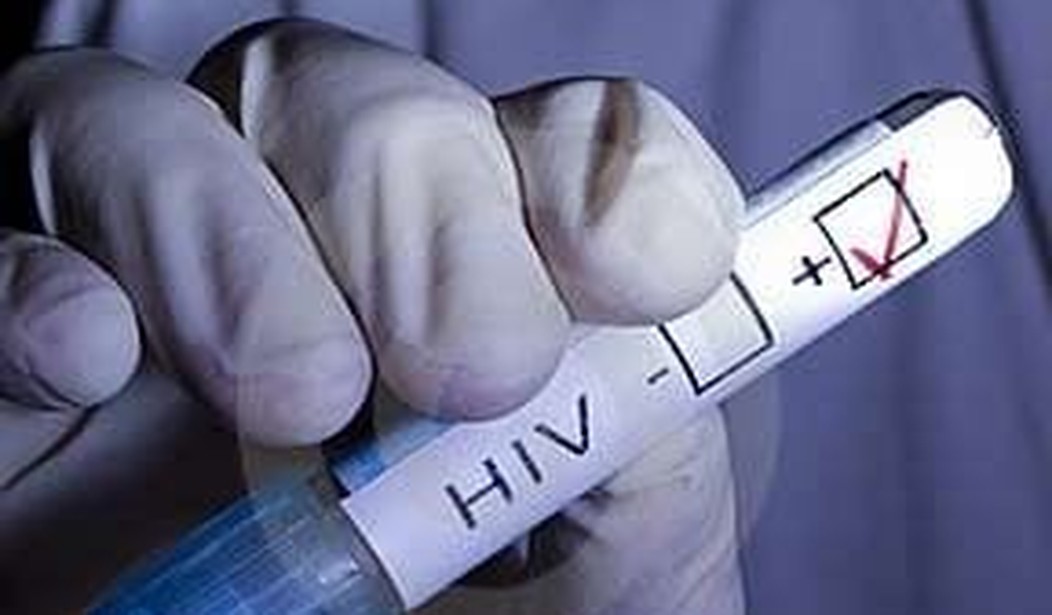CDC officials said HIV testing must be expanded to reach more young adults as a way to prevent transmission of the virus.
CDC Director Tom Frieden said HIV screening is now a covered health service without co-payment under the Affordable Care Act and anyone who tests positive for HIV can receive medical care. Frieden also said vital services for people living with HIV should be easy to access without financial barriers.
The CDC found that too many people with HIV are not getting the proper treatment mostly because they are not receiving ongoing HIV care.
“HIV care and treatment not only work to improve health and prolong lives, but also to prevent new infections, yet we’re not reaching nearly enough people. Most people with HIV who regularly take anti-retroviral achieve viral suppression, that is the virus is kept under control at a very low level to the body. People with HIV who achieve viral suppression live longer and you live healthier,” Frieden said on a conference call.
Jonathan Mermin, MPH director at the National Center for HIV/AIDS, said nearly 840,000 Americans do not have their virus under control and 66 percent of those individuals have been diagnosed but are not getting regular HIV medical care.
“HIV testing is the critical first step for prevention and care,” he said.
Mermin explained that the CDC’s latest vital signs report does not show statistically significant differences in viral suppression based on race, ethnicity or sex but the same cannot be said about age.
“This is encouraging and reflects strong national efforts to ensure testing and care reach those who need it most; however, we did find striking differences by age,” Mermin said on a conference call.
“More than any other group, our young people are not getting the care they need. Among people age 18-24 that are living with HIV, just 13 percent had their virus under control through effective care and treatment,” he added.
Mermin added that less than half of young people infected with HIV know they have the virus.
“To close the age gap in viral suppression, we will need to expand efforts to reach young adults with HIV testing,” he said.
Frieden said it is clear that treatment “greatly reduces” HIV transmission.
“In 2013, the U.S. Preventive Services Task Force recommended routine HIV screening for all adolescents and adults, making this a covered health service without co-payment under the Affordable Care Act,” he said.
“I think anyone who tests positive for HIV can now receive medical care and take advantage of effective treatment options,” Frieden added.
Frieden said the CDC emphasizes that abstinence is the only sure way to avoid transmission of HIV, and reducing the number of sexual partners lowers the risk of transmission as well.
Mermin argued that HIV testing should be as easy to access as cholesterol checks.
Eugene McCray, director of the Division of HIV/AIDS Prevention (DHAP) in the CDC’s National Center for HIV/AIDS, said the CDC has launched a series of awareness programs including HIV Treatment Works, which encourages people with HIV to seek and stay in medical care.
“It’s alarming that fewer than half of HIV-positive young adults know they are infected,” said McCray. “Closing that gap could have a huge impact on controlling HIV – knowing your status is the first critical step toward taking care of your own health and avoiding transmission to others.”
The CDC officials were asked why more individuals are not seeking testing or medical care.
“Taking treatment for an infection that may have no symptoms that you need to take for life is not easy; that’s why it’s so important that services for people living with HIV be easy to access without financial barriers,” Frieden responded.
When speculating why more people do not seek testing or treatment, Mermin said many factors should be considered, including a lack of health insurance, difficulty navigating the healthcare system, living in an urban setting, poverty and homelessness.
“Many of those factors can deter people from seeking or remaining in HIV care,” he said.









Join the conversation as a VIP Member